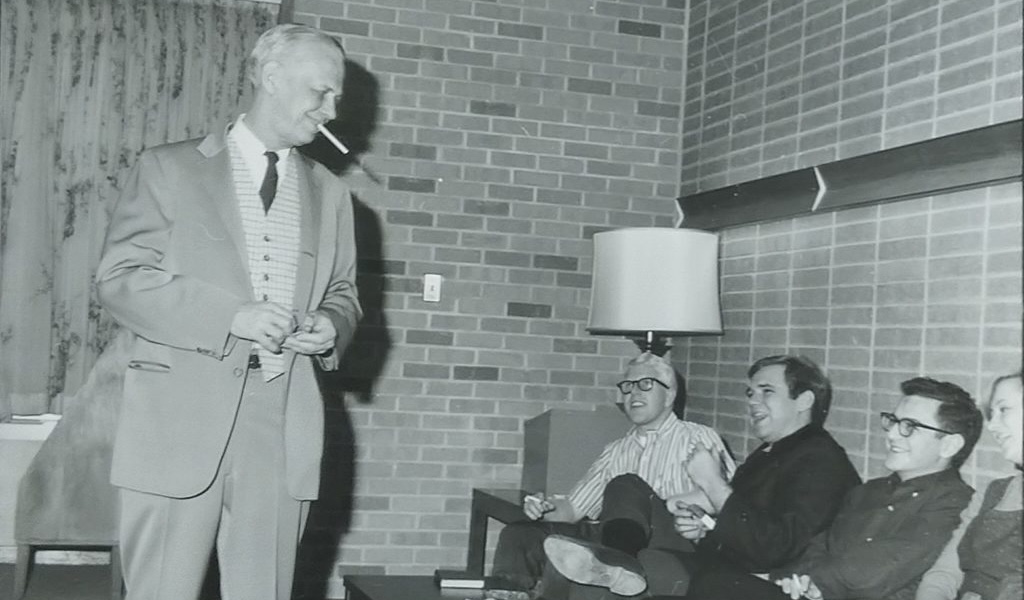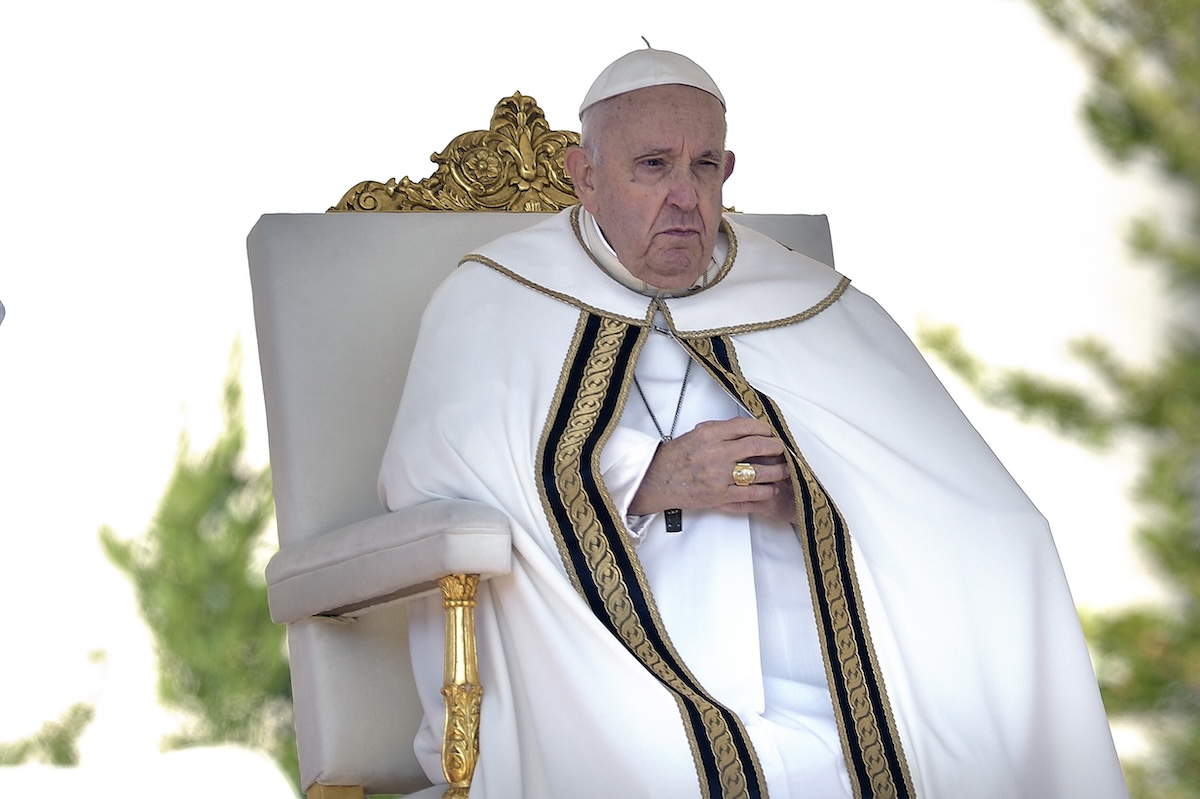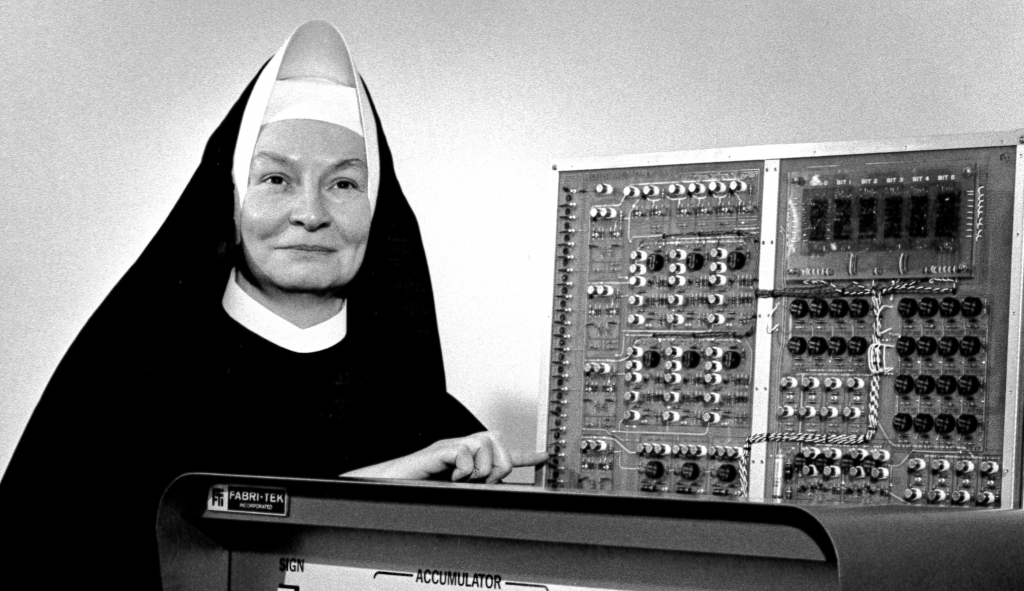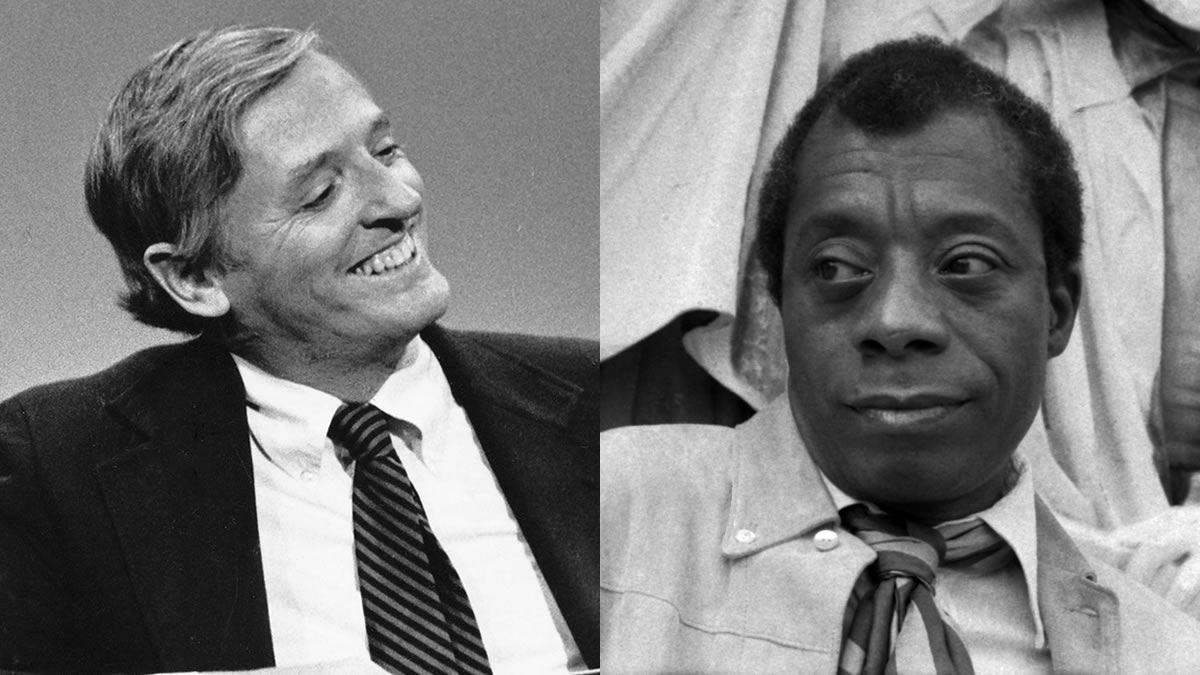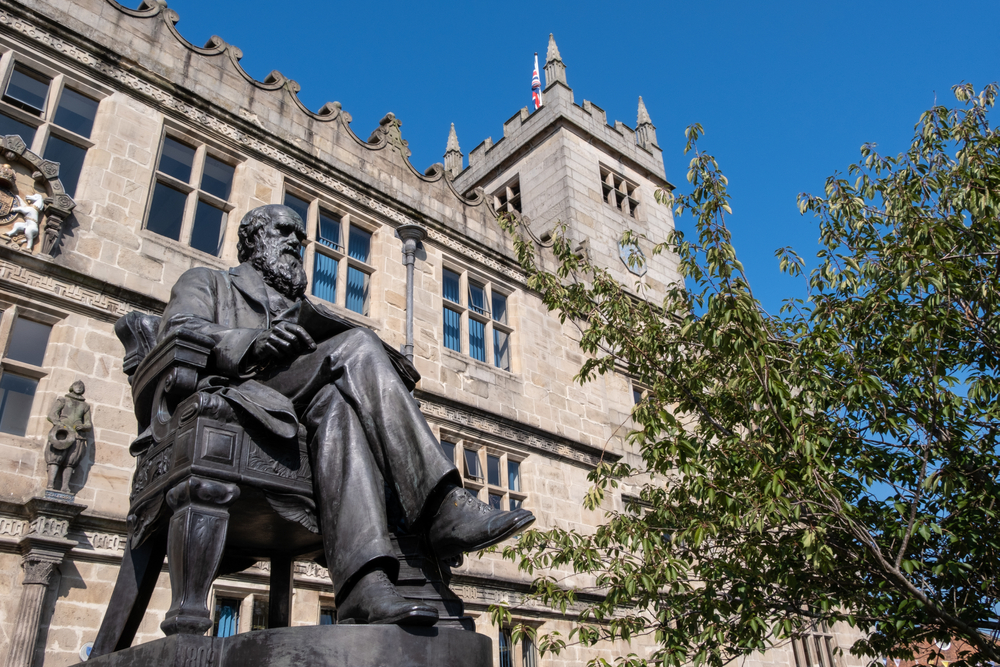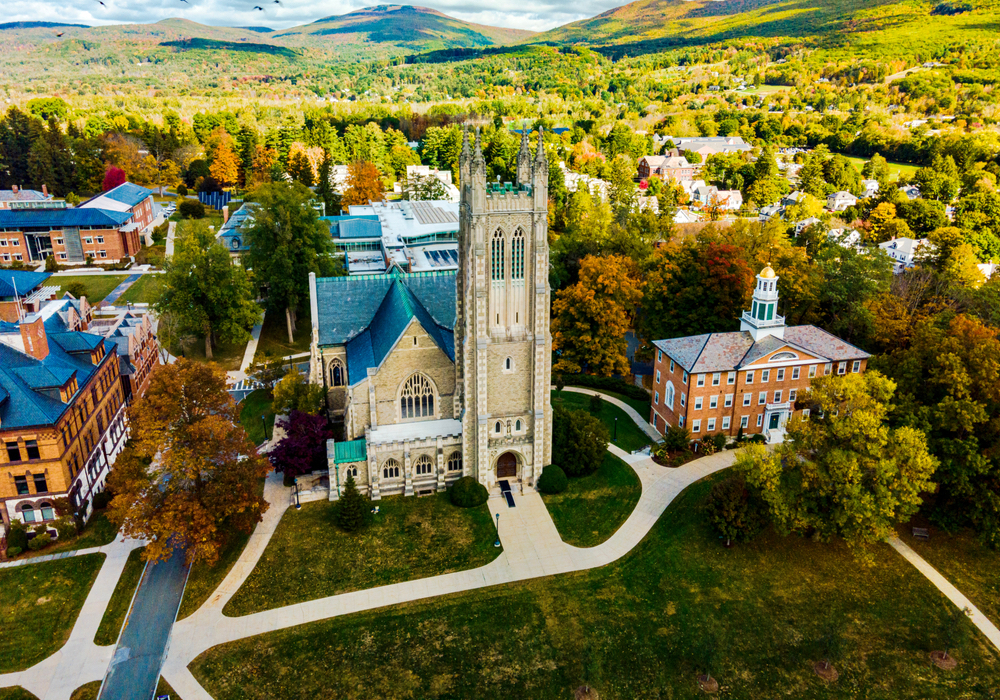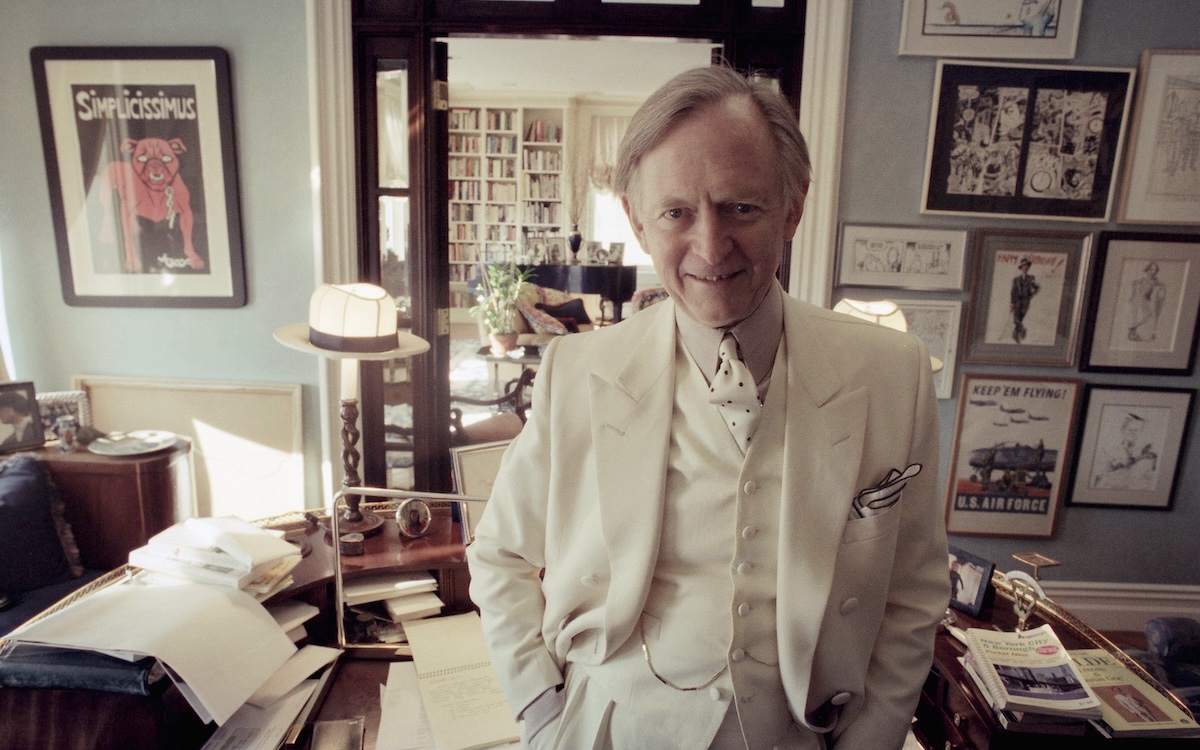
Tom Wolfe and the Strangeness of America
October 11, 2023 • by Titus Techera
Conservatism doesn’t really produce or nurture writers nowadays. The notable exception in the past couple of generations is Tom Wolfe, who died in 2018. Wolfe was universally beloved. He sold millions of copies of his various writings. Continue Reading...
